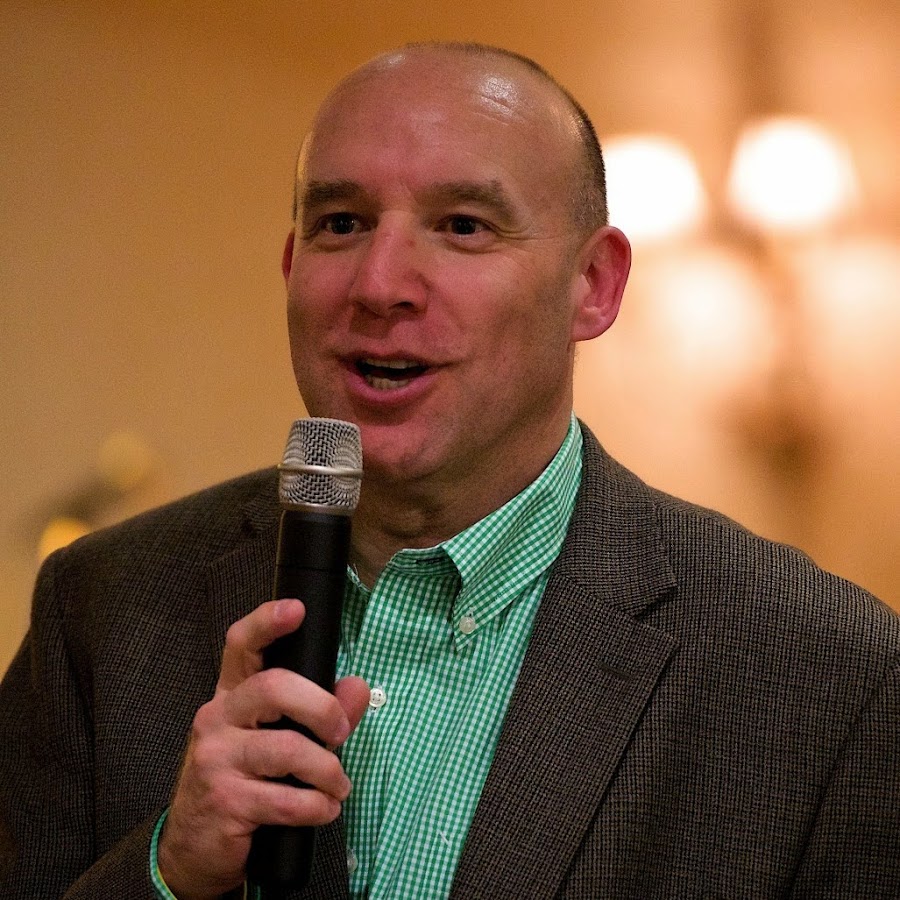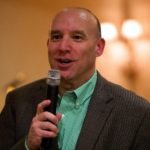Collaboration over Adversarial Relations
Introducing George Chmael II and Council Fire
It is always great to work in a collaborative environment but sometimes there is a belief that such environments cannot be achieved. So often instead of thinking of ways that everyone can work in concert, groups take an adversarial stance where the result makes one group a winner and another the loser. Today’s guest believes that more often than not and even in contested situations there is still a way to work together to achieve a result that everyone can be happy with.
George Chmael II is the president and chief sustainability officer at Council Fire, a Maryland based small sustainability consultancy, which has been running for 17 years and works on projects all over the world. Council Fire operates at the intersection of environmental, economic, and social issues and uses an approach of collaboration because, “together we are smarter than any one of us alone.”
A great example of their collaborative approach is when they were working with the port of Baltimore and the environmental impacts of maintaining a 128-mile “highway” between the city and the Chesapeake Bay. Instead of an us versus them mentality in regards to the port and environmentalists, George and his group engaged stakeholders, which led to greater results for all those involved including costing taxpayers $125 million less than they would have if they had taken the adversarial route.
Check out this episode of the Boiling Point to learn more and to see how this approach could work for you in the future.
In this episode
- Dave tells us about his experience as a chaperone at We Day.
- We learn about how Greg and George worked collaboratively to bring “The Millennial Dream” to some US showings.
- We learn about the work that Council Fire does in the sustainability space.
- George tells us how things have changed in the world of sustainability from when he started his company 17 years ago.
- We hear why collaboration is so important with the work that George does.
- George also tells us why his training as a lawyer helps him in his work today.
- We hear of a great example of his work in relation to the port of Baltimore and the great spinoffs that came from it.
- Dave talks about how being collaborative can be tough and that it takes a high degree of cooperation, trust, and time.
- George tells us that credibility does not flow from words but from action.
http://feeds.feedburner.com/boilingpointpodcast
Links


